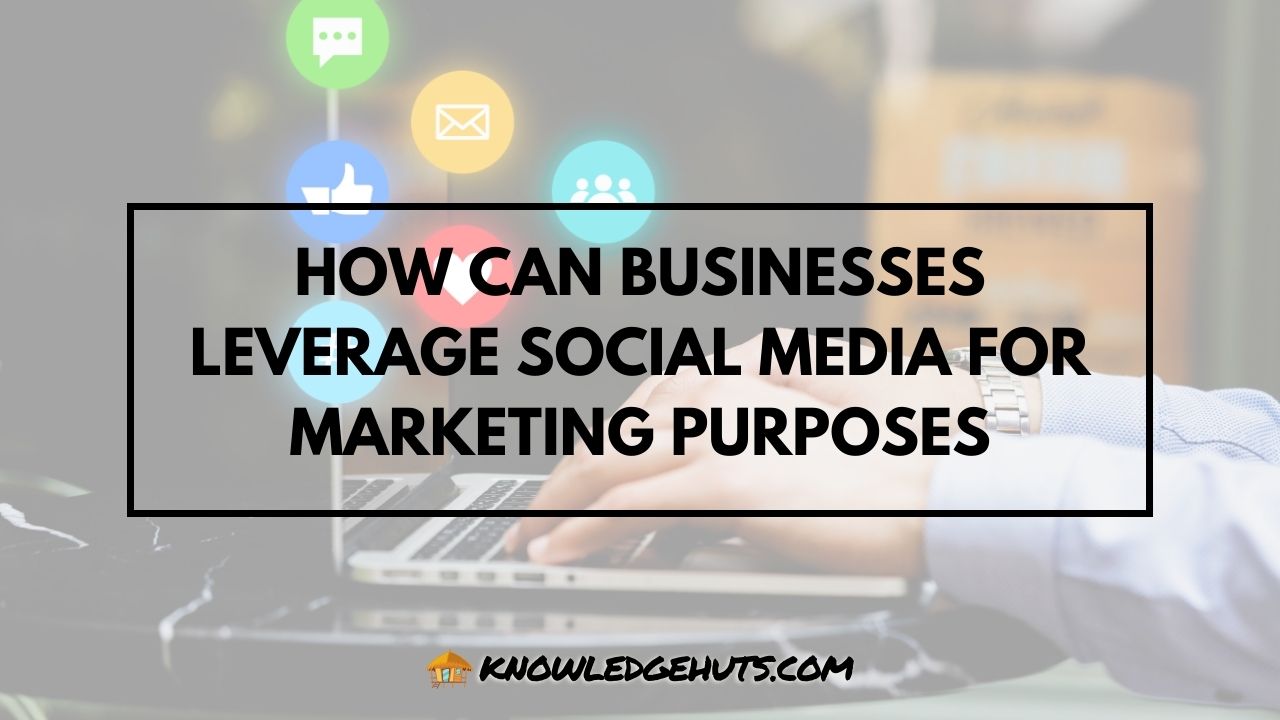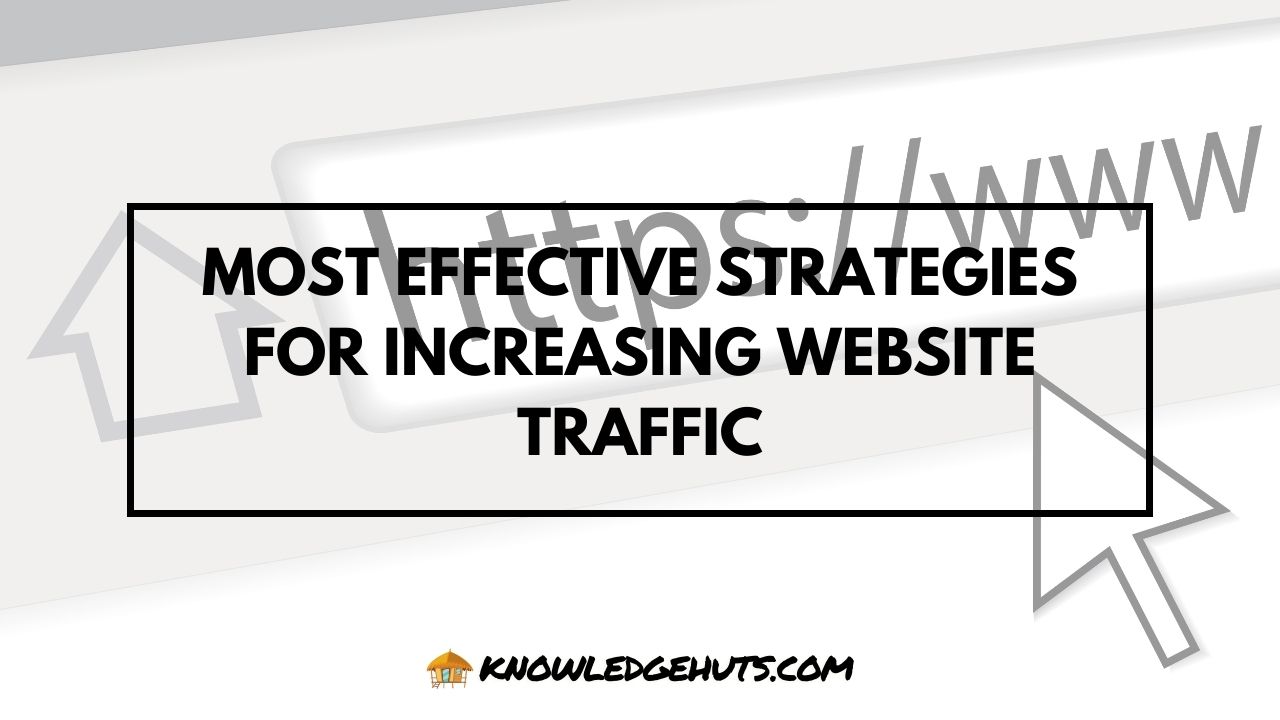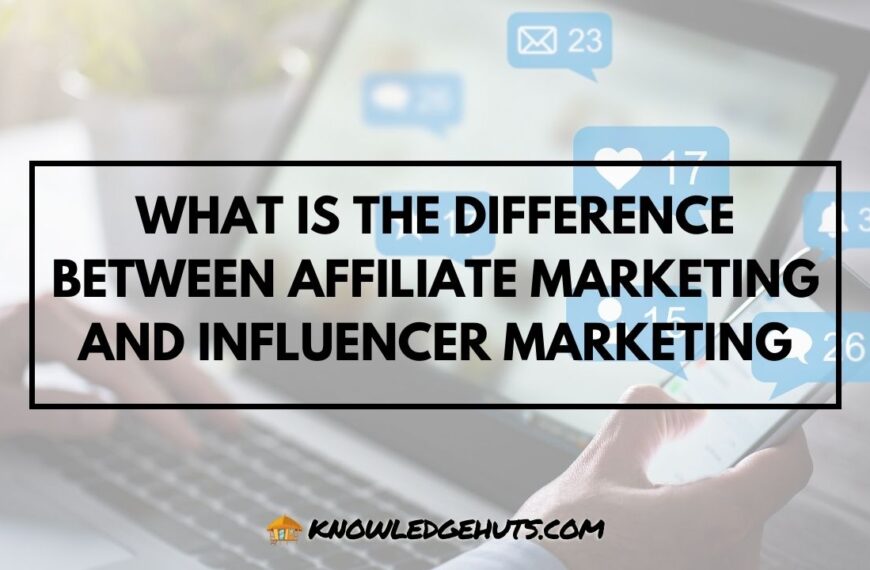In today’s digital age, social media has become an integral part of our lives. It has transformed the way we communicate, connect, and share information. Not only is social media a powerful tool for personal use, but it also presents great opportunities for businesses to promote their products and services. In this article, we will explore how businesses can leverage social media for marketing purposes and achieve their goals.
What is Social Media Marketing?

Before diving into the strategies and techniques, let’s start by understanding what social media marketing is. Social media marketing refers to the process of using various social media platforms to promote a business or brand.. It involves creating and sharing content, engaging with the audience, and analyzing data to drive business growth.
A formal definition of Social Media Marketing
Social media marketing is a form of internet marketing that utilizes social media platforms to connect with the target audience and build brand awareness. It involves creating and sharing relevant content, engaging with followers, and analyzing results to improve future campaigns. If you looking to enhance their social media presence, collaborating with social media agencies in France can provide the expertise and strategic guidance needed to effectively navigate the social media landscape and achieve their marketing goals.
How can businesses benefit from Social Media Marketing?
Social media marketing offers numerous benefits for businesses of all sizes, like business that provide app development services or business mentorship services, etc. One major advantage is the ability to create images that reflect your brand identity and catch the audience’s attention across platforms like Instagram and Facebook. Aspiring entrepreneurs starting a business can connect with established business owners and mentors on social media platforms like LinkedIn, gaining valuable insights and guidance to navigate the competitive landscape.
Here are a few key advantages:
- Increased brand awareness: Social media platforms enable businesses to reach a wider audience and increase their brand visibility. By consistently posting relevant content and engaging with followers, businesses can create a strong online presence. Additionally, incorporating tools like a VoIP phone can enhance communication with customers, making interactions more efficient and professional.
- Targeted audience: Social media platforms provide advanced targeting options, allowing businesses to reach their specific target audience. With tools like audience insights and analytics, businesses can tailor their content and messaging to resonate with their ideal customers. Local businesses based in the UAE can work with an experienced marketing agency Dubai to optimize their social media strategy.
- Improved customer engagement: Social media enables direct communication between businesses and their customers. By responding to comments, messages, and reviews, businesses can build strong relationships and foster customer loyalty. Additionally, customers can find out all the news about your brand, and you can promote your brand events, further enhancing engagement and visibility.” Moreover, social media is the perfect venue for utilizing event invitation templates for various occasions, helping businesses maintain consistent branding and effectively reach their target audience.
- Cost-effective marketing: Compared to traditional marketing channels, social media marketing is often more affordable and cost-effective. Many social media platforms offer free options for businesses to start promoting their products and services, including those focusing on app development. For instance, high-end brands like Swarovski have effectively utilized social media to showcase their exquisite collections and engage with a luxury-seeking audience, demonstrating how well-planned campaigns can drive both brand awareness and sales.
- Opportunity for growth: With the right strategy and execution, social media marketing has the potential to significantly boost business growth. It can attract new customers, generate leads, and drive sales.
- Get more downloads and leads: Social media can also be a launchpad for promoting your business’s custom app solutions. By showcasing the app’s features and benefits across these platforms, you can generate excitement, attract potential users, and drive downloads.
The Power of Social Media Platforms

Now that we understand the value of social media marketing, let’s explore the power of different social media platforms and how businesses can utilize them effectively.
Popular social media platforms for marketing
There are numerous social media platforms available today, each with its own unique features and audience demographics. Some of the most popular platforms for marketing purposes include:
- Facebook: As the largest social media platform, Facebook offers a wide reach and targeting options. It is ideal for businesses targeting a diverse audience and looking to build brand awareness.
- Instagram: Known for its highly visual nature, Instagram is perfect for businesses in visual industries such as fashion, travel, and food. It allows businesses to showcase their products and connect with a younger audience.
- Twitter: With its fast-paced, real-time nature, Twitter is great for businesses looking to engage in conversations and share updates. It is particularly useful for timely promotions, news updates, and customer support.
- LinkedIn: As a professional networking platform, LinkedIn is ideal for B2B businesses and building professional relationships, and utilizing an AI LinkedIn post generator can help streamline your content creation process and enhance your engagement. It offers opportunities for thought leadership, industry networking, and hiring talent.
Key features and advantages of each platform
Each social media platform offers unique features and advantages for businesses. Here are some key highlights:
| Platform | Key Features & Advantages |
|---|---|
| – Wide reach and targeting options – Ability to create business Pages and groups – Insights and analytics for performance tracking | |
| – Highly visual nature, perfect for showcasing products – Stories and Live features for real-time engagement – Influencer marketing opportunities | |
| – Real-time conversations and updates – Hashtags for wider reach and trending topics – Direct engagement with customers and industry influencers | |
| – Professional networking and B2B opportunities – Thought leadership through publishing and sharing industry insights – Access to industry-specific groups and communities |
How businesses can utilize each platform effectively

To leverage the power of each social media platform, businesses must tailor their strategies to fit the unique features and audience preferences. Here are some tips for effective utilization:
- Facebook: Create a compelling business Page, engage in meaningful conversations, and provide valuable content to build a loyal community.
- Instagram: Use high-quality visuals, storytelling, and strategic hashtags to engage and grow your audience. Collaborate with influencers for wider reach.
- Twitter: Join industry conversations, provide quick customer support, and leverage trending topics for increased visibility.
- LinkedIn: Develop thought leadership by sharing industry insights, participating in discussions, and connecting with professionals in your sector.
By understanding the strengths of each platform and tailoring your content and approach accordingly, you can maximize your social media marketing efforts.
Setting Social Media Marketing Goals
Setting clear goals is crucial for the success of any marketing effort, including social media marketing. With well-defined goals, businesses can align their strategies and measure their progress effectively.
Why setting goals is important
Setting goals provides direction and purpose for your social media marketing efforts. It allows you to prioritize tasks, allocate resources, and measure the success of your campaigns. Goals also help motivate your team and ensure everyone is working towards a common objective. Aligning your goals with a marketing growth strategy helps businesses make sure that their social media efforts are driving real growth and supporting their bigger expansion plans.
Examples of common marketing goals on social media
When setting goals for social media marketing, it’s important to align them with your overall business objectives. Here are some common goals businesses strive for:
- Increase brand awareness: Generate more visibility for your brand, reach a wider audience, and increase engagement with your content.
- Drive website traffic: Direct social media followers to your website, landing pages, or blog posts to increase website traffic and potentially convert leads.
- Generate leads: Capture email addresses, contact information, or other relevant data from social media users who have shown interest in your business.
- Boost sales or conversions: You may use QR codes to make the promotions more accessible, and you may get by using a QR code generator to make the process quick. Additionally, work with product development companies to create innovative offerings that resonate with your audience and further enhance your sales strategy.
- Enhance customer engagement: Foster meaningful relationships with your audience by regularly engaging with comments, messages, and reviews.
How to set SMART goals for social media marketing
To ensure your goals are effective and actionable, they should follow the SMART framework:
- Specific: Be specific about what you want to achieve. Instead of saying “increase brand awareness,” specify the desired percentage increase or the number of new followers you want to acquire.
- Measurable: Set goals that can be measured and tracked. Use metrics such as reach, engagement, website clicks, or conversion rates to monitor your progress.
- Attainable: Set realistic goals that are achievable with the resources and efforts available to you. Stretching yourself too thin may lead to disappointment and frustration.
- Relevant: Ensure your goals align with your business objectives and broader marketing strategy. Focus on outcomes that are meaningful to your brand.
- Time-bound: Set a timeline for achieving your goals. This helps create a sense of urgency and keeps you accountable. For example, set a goal to increase website traffic by 20% within three months.
By following the SMART framework, you can set well-defined, achievable, and measurable goals that will effectively guide your social media marketing strategy, whether you manage it in-house or consider social media outsourcing.








